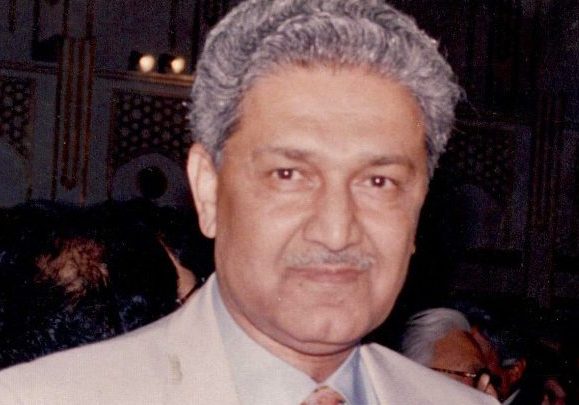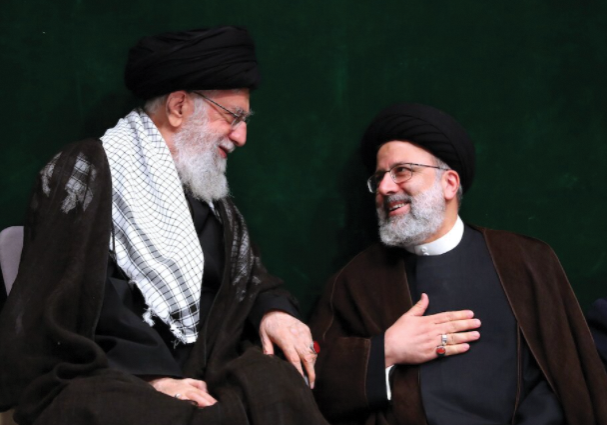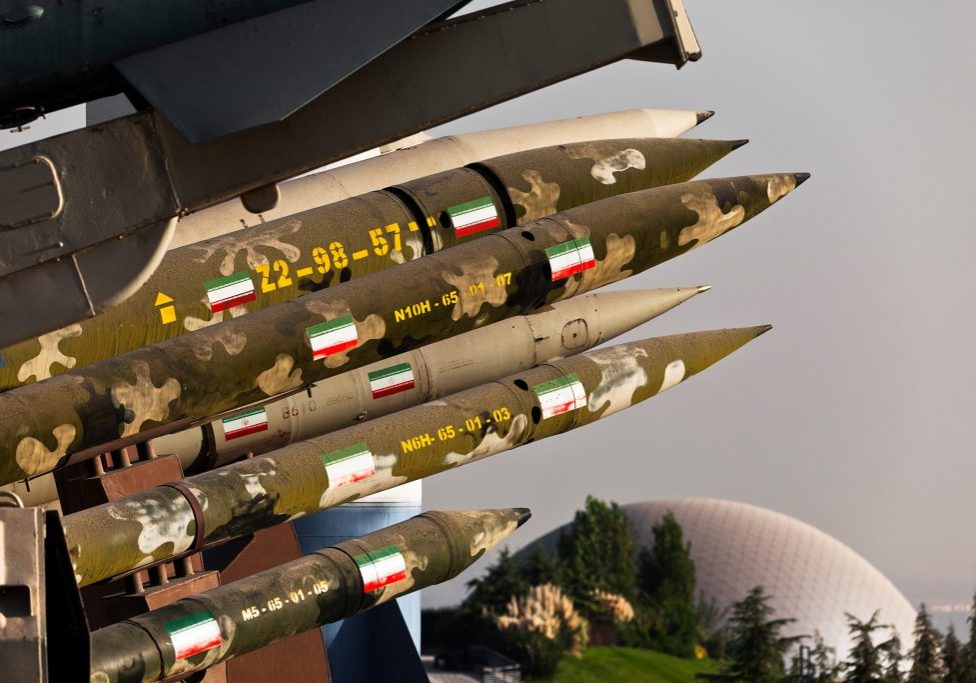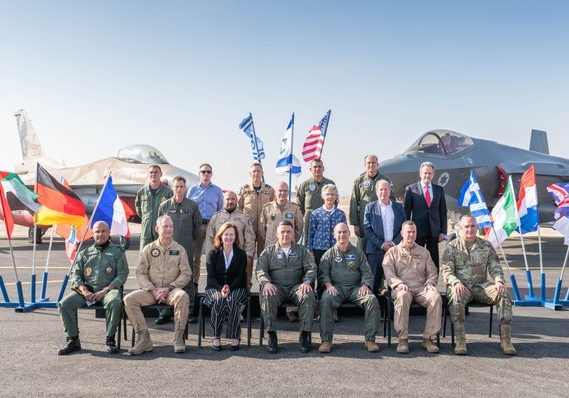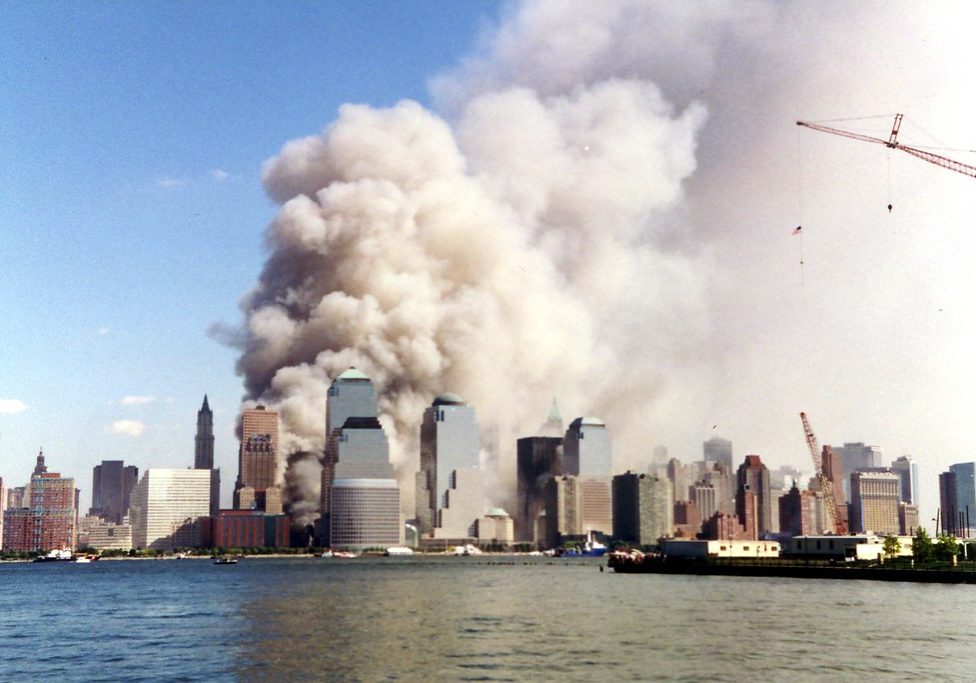Australia/Israel Review
The Necessary Superpower
Aug 1, 2007 | Allon Lee
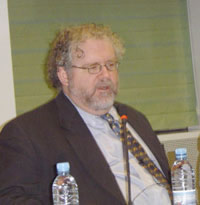
Walter Russell Mead on US Middle East Policy
By Allon Lee
The United States’ foreign policy in the Middle East is one of the most misunderstood subjects in the world, according to visiting US foreign policy expert Walter Russell Mead.
 |
| Walter Russell Mead of the Council on Foreign Relations |
Mead, the Henry Kissinger Senior Fellow for US foreign policy at the Council on Foreign Relations, dismissed the populist view of America’s foreign policy as being akin to Dracula roaming the world in search of oil.
“In fact if you actually look at supply and other factors, the US is the least dependent of the world’s major economies on Middle Eastern oil,” he explained.
“If the Middle East were to disappear tomorrow and all the oil be gone, the US would be far less affected than Europe, than Japan, increasingly China and certainly than Southeast Asia as a whole.”
“The Middle East by contrast is something like 12% of America’s oil supply and some of that are contracts for political purposes, rather than because there wasn’t any oil anywhere else to get,” he said.
Why then is the US so interested in the Middle East and its oil markets?
As a great power and the leader of the free world, since the end of the Second World War, the United States has adopted a policy that “oil will be commercially available at a commercially set price to those who wish to purchase it” and “that no single state should be able to threaten, to interdict the world’s oil supply for political purposes.”
The consequences of unstable oil supplies would not only be economic devastation for many economies but would likely cause a phenomenal increase in military spending and a spiralling arms race in Asia and Europe, Mead said.
“[Countries must be able to] count on being able to go with their yen or their euros, go to the oil markets and have it safely delivered home. That in Japan they don’t have to sit around thinking ‘my God what happens if the supertanker doesn’t show up in Yokohama tomorrow’.
“Because if they did have to think that way, either in terms of needing a special political relationship in the Middle East to buy that oil or being able to provide their own naval protection for that oil on its long journey from the Gulf all the way to Tokyo Bay then what you would see is a Japan that was building intercontinental military forces.
“Ditto the European Union, ditto China – which would certainly see a massive intercontinental Japanese fleet as a major strategic threat to China’s own wellbeing. And you would certainly see China and Japan among others engage in vast arms races because every ship that Japan builds to protect Japanese oil is also a threat to China.”
Thus, the United States’ Middle East policy has been predicated on the basis of supporting the independence and territorial integrity of the sheikhdoms and emirates of the Gulf.
Historically that meant preventing the Soviet Union infiltrating the Middle East, opposing Nasser’s manoeuvres in the 1950s and 1960s to establish a pan-Arab state, and rolling back Saddam Hussein’s invasion of Kuwait in 1990.
Rather than interpreting US oil policy as “one of the darkest policies of the evil American beasts”, Mead said it is “the one that does the most to preserve the peace worldwide and reduce the likelihood of a great power war.”
“Because if you put hostile great power politics and arms races in combination with the combustible and the unstable politics of the Middle East, believe me you are likely to see something a good deal uglier than anything we see now.”
The other great pillar of the United States’ Middle Eastern foreign policy is Israel – for entirely logical reasons and not because the Jews control the US, Mead explained.
“If you look at the record of American policy towards Israel it actually fits very well overall with America’s visions of its general strategic interests in the Middle East,” he said.
Historically, the perception “that the US and Israel have been hand in glove, and that the US foreign policy has been mechanically pro-Israel and that the US has been responsible for all the things Israel has done is simply not borne out by the historical record.”
He noted that in 1948, the newly established State of Israel, procured its arms courtesy of the Soviet Union via Czechoslovakia. In the 1956 Suez conflict, Britain and France were its main arms supplier and in the Six Day War, French Mirage jets won the war for Israel.
“Who gave Israel nuclear technology? The French, over the violent objections of the Americans,” he said.
Therefore, there are significant limitations to the influence the United States exerts over Israel and the notion that cutting American aid would cause peace to break out was wrong.
“People really forget that for Israeli society the defining collective memory is of the Holocaust, when the entire world ignored the Jews, was utterly indifferent to their plight and they were murdered in their millions.
“Israeli politics centres on this truth. Decisions of life and death for the Jewish people are going to be taken by Jews and no one else and that includes the United States of America,” he said.
And if Israel needed to, it would shift its great power alliance from the United States to another country.
“If it was in its interests to find new partners, the prime minister of Israel would get on the phone, he would call India. He would call Russia. He would call China. Somebody would take that call.
“Israel offers tremendous technological assets. Intelligence assets. Strategic assets to any great power. India and Israel actually have a tremendous confluence of interests. And with a strong Israeli alliance, India would immediately become a major player in the Middle East, something which is of interest to India.”
Fixating solely upon Israel as the main focus of the US’ foreign policy in the Middle East is to ignore the historical record, Mead explained.
“During the Cold War, if you look back, who were America’s principal Cold War allies in the Middle East? They were the three non-Arab states – Turkey, Iran and Israel.
“When [Iran’s] Shah fell in ’79 and the US lost its relationship with Iran, it strengthened the relationship with Turkey. It strengthened the relationship with Israel and it brought Egypt into its Middle East alliance.”
Regardless of the outcome in the Iraq War, the United States will not disappear from the Middle East, Mead said.
“Being an offshore maritime balancing power has certain advantages. Generally the strongest state in a region may resent your presence and wish you would go away but everyone else hates the thought that you will leave.
“When the US seemed a few years ago at the start of the Iraq War to be overbearing and maybe even a threat to the Arab regimes, they were quite concerned about American power and how to balance against it.
“But now that the US seems to have gotten its nose a little bit bloody in Iraq and people are wondering if the US will remain committed to the region, people are saying ‘stay, stay’, which is something that happened in Southeast Asia after the Vietnam War.”
Ultimately the Middle Eastern countries will compel America to stay because “the United States never looks as attractive as when it might be leaving the room,” he said.
![]()
This article is based upon an address and question and answer session held at the Australian Institute of International Affairs in Melbourne on July 3, 2007.
Tags: International Security

